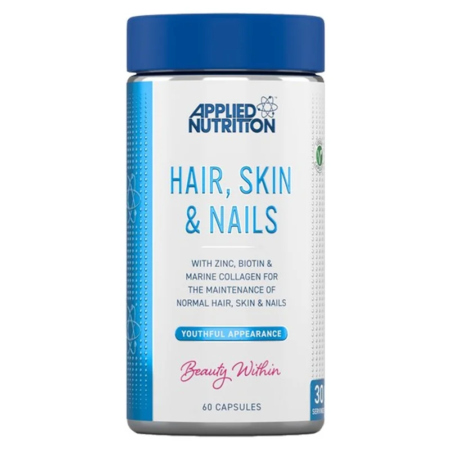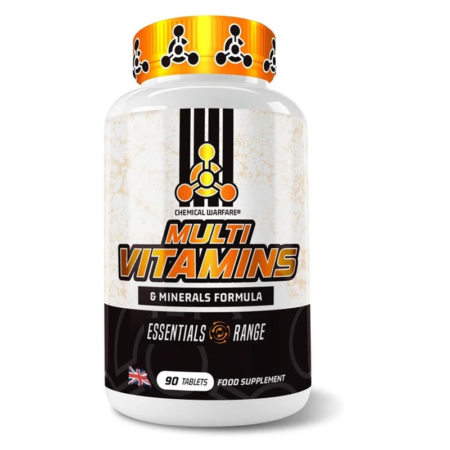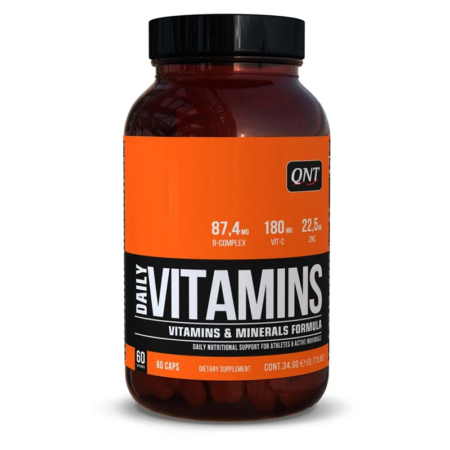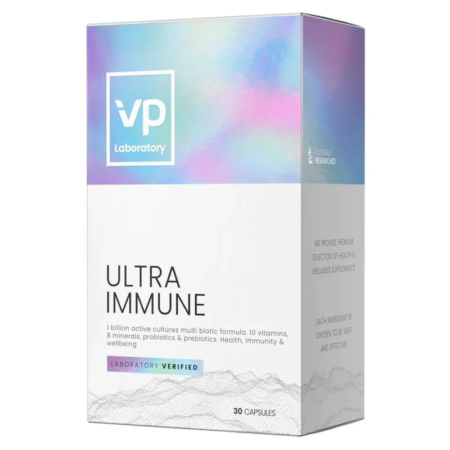Vitamin E
Vitamin E is renowned for its powerful antioxidant properties, providing significant skin protection and playing a crucial role in anti-aging efforts. It’s essential for wound healing, maintaining eye health, and hair nourishment.
Furthermore, Vitamin E contributes to skin moisturization, UV protection, and cellular restoration, making it a vital nutrient for maintaining overall health and well-being.
What is Vitamin E?
Vitamin E refers to a group of eight fat-soluble compounds that include tocopherols and tocotrienols. These compounds are crucial antioxidants that protect the body’s tissues from free radicals, which can lead to cellular damage and contribute to the development of cardiovascular disease and cancer. Free radicals are unstable molecules that can damage cells, leading to aging and various diseases. By neutralizing these harmful molecules, Vitamin E plays a significant role in promoting long-term health.
Its antioxidant properties help to maintain the skin’s barrier function and protect against environmental damage, thereby playing a pivotal role in skin health and overall wellness. By safeguarding the skin from harmful UV rays and pollution, it helps to prevent premature aging and maintains the skin’s youthful appearance.
Vitamin E Benefits for Health
The benefits extend beyond just skin care. Here’s a look at its broad impacts:
- Protects the skin from oxidative stress and UV damage
- Supports the immune system, enhancing overall health
- Aids in the repair of damaged skin and accelerates wound healing
- Promotes eye health and reduces the risk of age-related macular degeneration
- Strengthens hair and improves scalp circulation
- Enhances skin hydration, reducing dryness and peeling
Why Vitamin E is Good for Skin
Vitamin E is renowned for its numerous benefits, particularly when it comes to skin health. One of the primary reasons it is so effective is its powerful antioxidant properties. These properties help to combat the damaging effects of free radicals, which can lead to premature aging and skin damage. Another significant advantage is its ability to deeply moisturize the skin. It acts as a natural barrier to prevent moisture loss, ensuring that your skin remains hydrated and supple. This can be especially beneficial for those with dry or sensitive skin.
In addition to moisturizing, Vitamin E also has anti-inflammatory properties. This means it can help to reduce swelling, redness, and other signs of inflammation, making it an excellent choice for soothing irritated skin. Whether you’re dealing with a minor sunburn or a chronic skin condition, Vitamin E can provide much-needed relief. It can support skin healing and repair. It aids in the regeneration of new skin cells, which can accelerate the healing process for scars, acne, and other skin imperfections. By incorporating Vitamin E into your skincare routine, you can promote a healthier, more radiant complexion.
How Much Vitamin E Do I Need?
The recommended daily allowance (RDA) for Vitamin E varies based on age and gender, but generally, adults require about 15 mg (22.4 IU) per day. How do you know if you’re getting enough? Keeping track of your dietary intake and consulting with healthcare providers can help ensure you meet your needs.
Vitamin E Side Effects & Interactions
While Vitamin E is safe for most people, excessive intake can lead to negative side effects. What are the potential issues? High doses might increase the risk of bleeding and interact with medications such as blood thinners. Always consult a healthcare provider before starting supplements.
Best Sources of Vitamin E
Our body needs all variants of vitamins and consuming foods rich in these essential nutrient is crucial for maintaining overall health. Here are some of the top sources of Vitamin E
- Sunflower Seeds: These seeds are packed with healthy fats, protein, and fiber, making them a nutritious snack or addition to salads and dishes.
- Almonds: Almonds are another excellent source. They are also rich in protein, healthy fats, and magnesium, contributing to heart health and providing sustained energy.
- Spinach: This leafy green is not only high in this nutrient but also contains vitamins A and C, iron, and antioxidants, supporting immune function and overall vitality.
- Avocados: Avocados offer healthy monounsaturated fats, which help in maintaining healthy skin and reducing inflammation.
- Olive Oil: This oil is rich in beneficial fatty acids, making it a healthy choice for cooking and dressing salads.
- Hazelnuts: Hazelnuts provide a significant amount along with other vitamins, minerals, and antioxidants, supporting brain health and reducing oxidative stress.
These foods not only provide Vitamin E but also other essential nutrients that contribute to overall health and well-being. Including a variety of these sources in your diet can help ensure you receive adequate Vitamin E and enjoy its numerous health benefits.
















